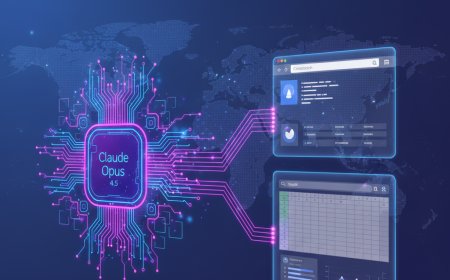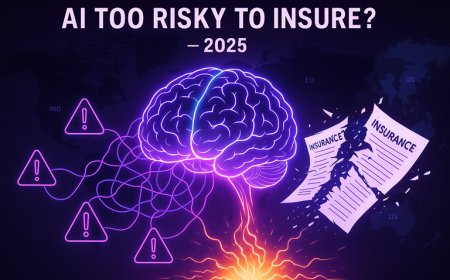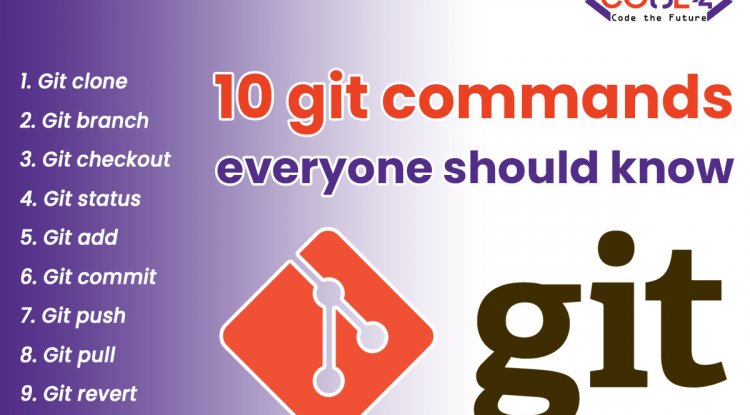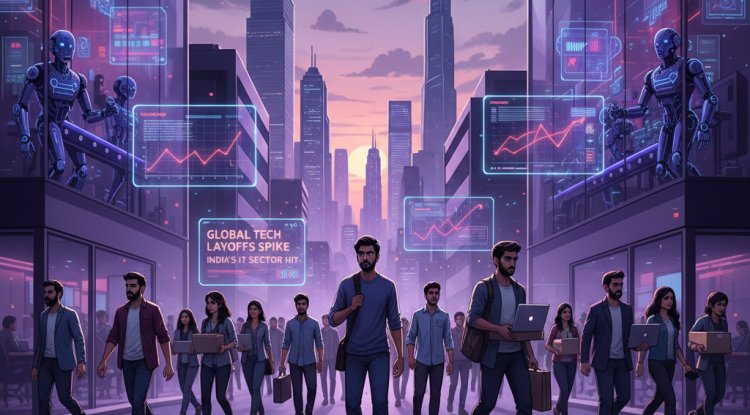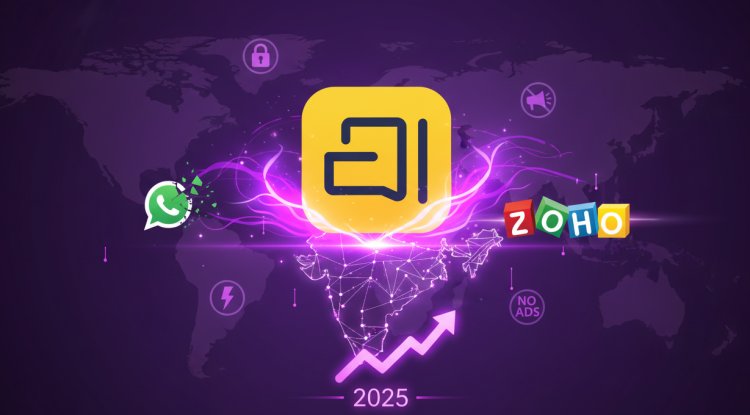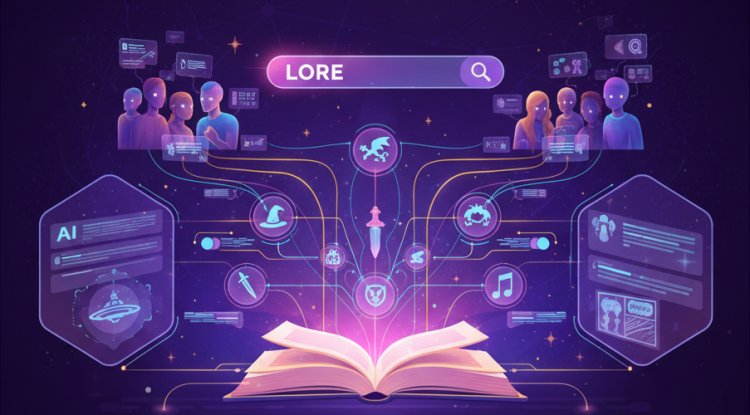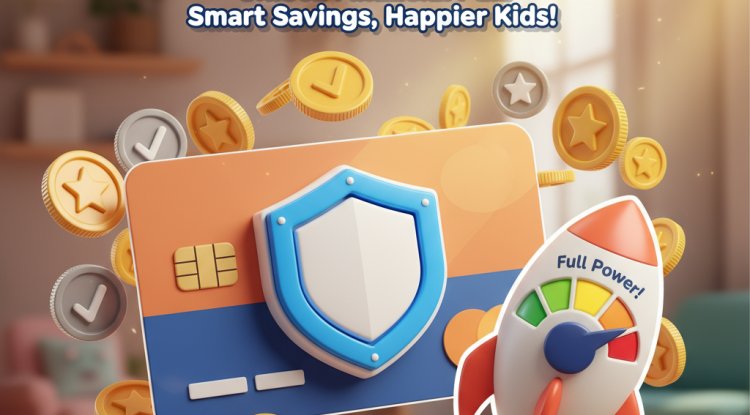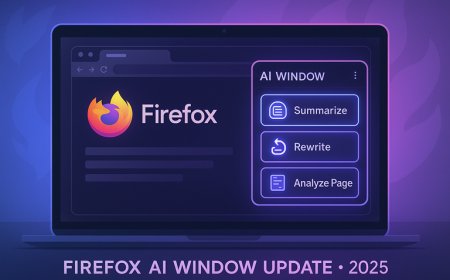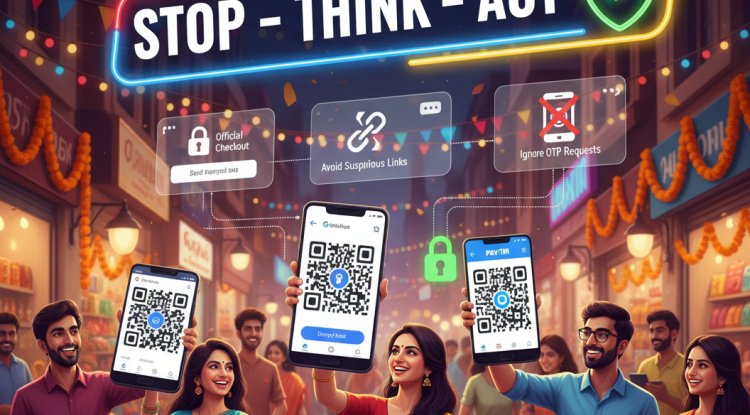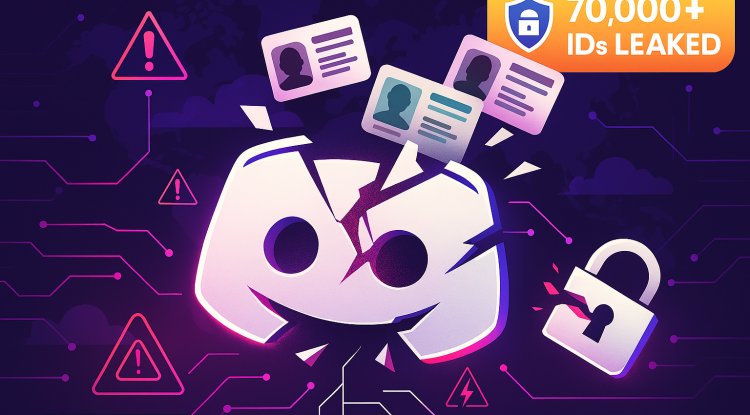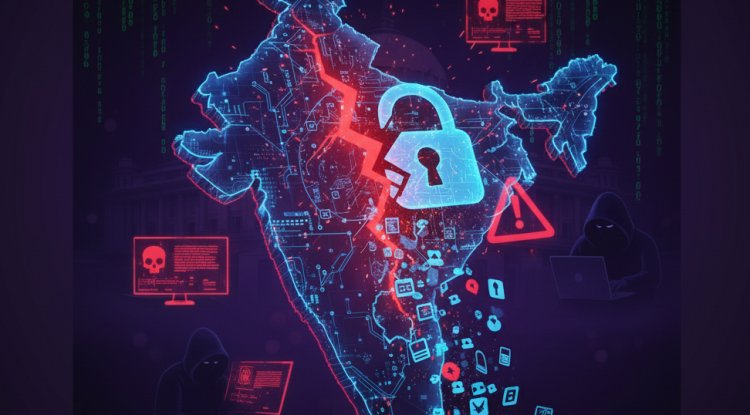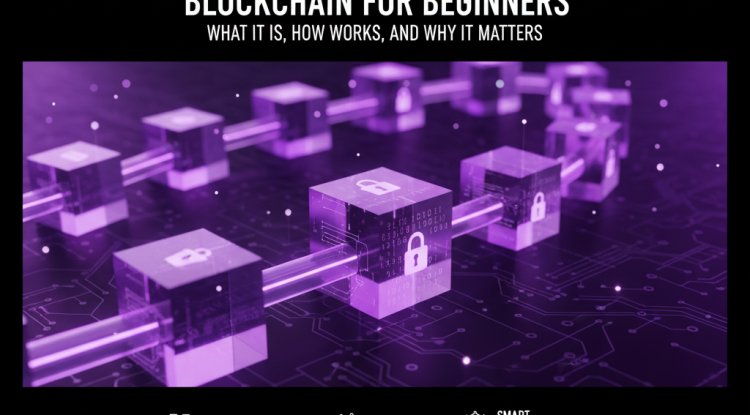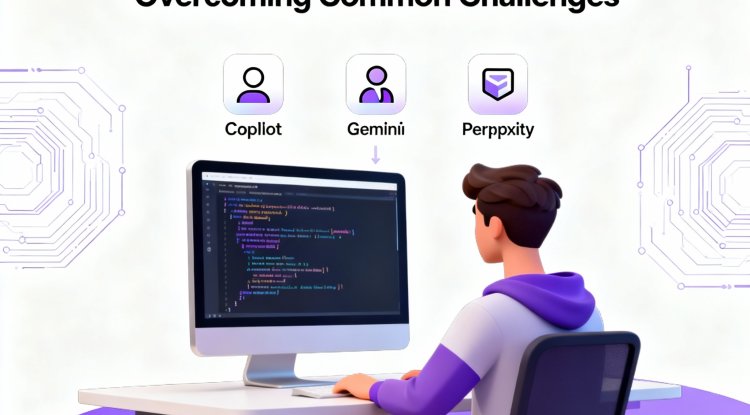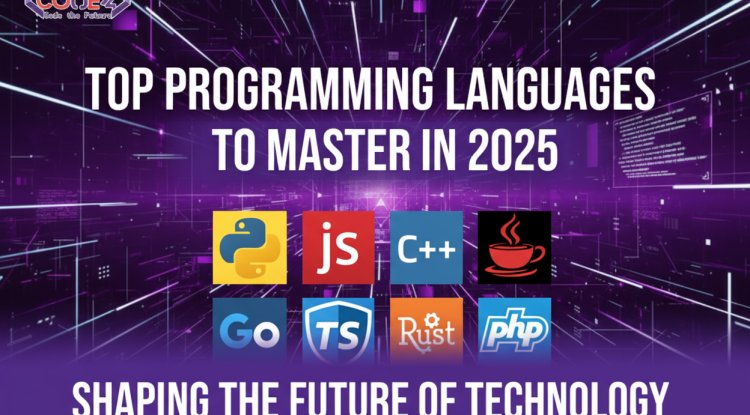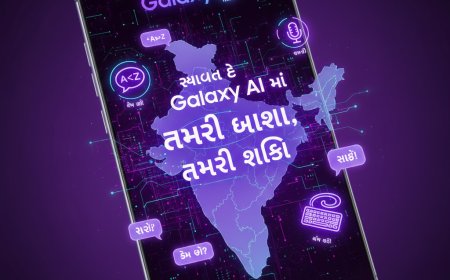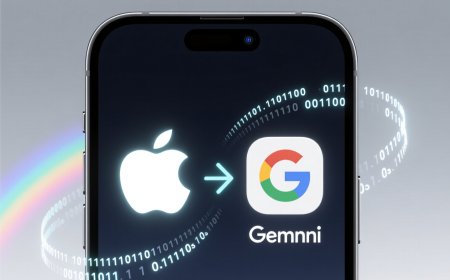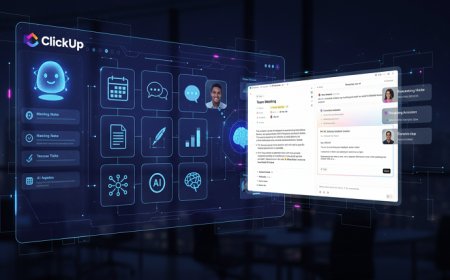Copilot Craze: Can AI Automate Coding or Unleash Bugs? Exploring the Power & Perils of AI Assistants
The AI Copilot: A Game-Changer or a Trojan Horse? In the realm of software development, a silent revolution is brewing. Artificial intelligence (AI) is stepping onto the coding stage, promising to transform the way we create software. Let's unravel the complexities of AI-generated code, dissecting Copilot's capabilities, scrutinizing its potential pitfalls, and exploring how we can navigate this new frontier responsibly.
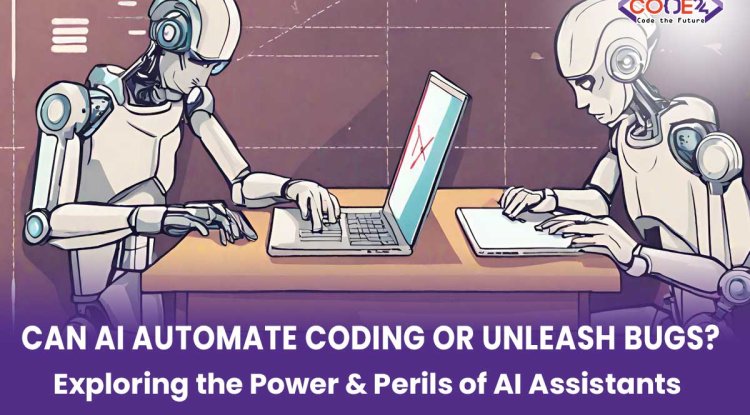
Introduction: In the dynamic realm of technology, the fusion of Artificial Intelligence (AI) has left an indelible mark across sectors. This piece unravels the groundbreaking influence of AI-generated code, spotlighting GitHub's Copilot. As we explore the potential benefits and looming challenges, it's crucial to understand the intricate relationship between programmers and AI assistants like Copilot.
GitHub's Copilot: A Revolutionary Leap in AI Coding
In June 2021, GitHub introduced Copilot, leveraging OpenAI’s next-generation technology. Fast forward two years, Copilot stands as a mature example of AI automating tasks traditionally executed by human hands. According to GitHub’s recent report based on data from nearly a million programmers, the AI assistant's suggestions were accepted around 30% of the time. The longer users engaged with Copilot, the more they embraced its suggestions, showcasing the system's proficiency in predicting valuable code.
GitHub's Insightful Revelation: AI-Enhanced Coding and Productivity Surge
The report not only highlights users' increasing acceptance of Copilot's suggestions over time but also suggests a positive correlation between AI-enhanced coding and improved productivity. Notably, less experienced developers experienced the most substantial gains. GitHub speculates that AI coding could potentially boost global GDP by an impressive $1.5 trillion by 2030, underscoring the economic significance of this technological shift.
The Stanford Study: Unveiling the Dark Side of AI Assistance
A contrasting perspective emerges from a Stanford University study that examined the quality of code produced with the assistance of a code-generating AI. While programmers incorporating AI suggestions tended to introduce more bugs, they paradoxically believed their code was more secure. This finding raises critical questions about the real impact of AI on code quality and security.
Quality vs. Quantity: The Conundrum of AI-Generated Code
As Clive Thompson highlighted in a 2022 WIRED feature, Copilot's suggestions, while seemingly miraculous, are rooted in patterns from other programmers' work, which can be flawed. The potential downside includes introducing bugs that are challenging to detect, posing a dilemma: does more code necessarily equate to better code?
Guardrails or Perils: GitHub's Ongoing Efforts in AI-Assisted Coding
In response to the challenges posed by AI-generated vulnerabilities, GitHub has taken proactive steps. In February, they announced a Copilot feature designed to identify vulnerabilities generated by the underlying model. This signifies a commitment to addressing the potential risks associated with AI-assisted coding.
The Paradox: Balancing Innovation and Caution in AI Integration
The broader narrative of generative AI presents a paradox: while the technology holds promise, it may concurrently drive a decline in web content quality, flood reputable sites with AI-generated content, and introduce vulnerabilities. The cautionary tales from aviation and self-driving cars remind us that overreliance on automation can lead to unforeseen consequences.
Other potential perils include:
- Skill Erosion: Overreliance on AI could lead to neglecting core coding skills, creating vulnerabilities in the long run, akin to pilots becoming overly dependent on autopilot.
- Code Quality Compromise: Just as AI-generated spam articles have flooded the web, AI coding could fuel a race to the bottom in code quality if not handled responsibly.
- Ethical Considerations: Questions arise about who owns AI-generated code, how it might perpetuate biases, and the implications for intellectual property rights.
Conclusion: Navigating the Future of AI-Generated Code
AI-generated code is here to stay, and its impact will only grow. By understanding its power and perils, we can navigate this new era of coding with a blend of critical thinking, skill development, and responsible practices. The future of software development lies in a harmonious collaboration between human ingenuity and AI's capabilities, where we leverage technology to create secure, efficient, and ethical code that shapes a better digital world.
What's Your Reaction?
 Like
0
Like
0
 Dislike
0
Dislike
0
 Love
0
Love
0
 Funny
0
Funny
0
 Angry
0
Angry
0
 Sad
0
Sad
0
 Wow
0
Wow
0


